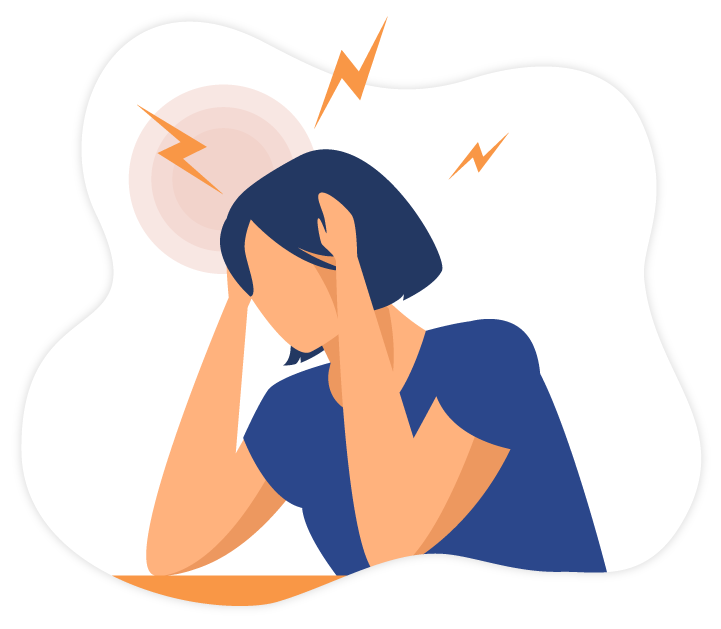I Suffer From Whiplash Injuries
Treatment for Whiplash Headache
Whiplash injuries frequently happen due to car accidents that can occur if the vehicle has been struck from the back, front, or side. Whiplash can also occur from other injuries, such as sports-related injuries, or other neck-disturbing traumas.
At the Sydney Headache and Migraine Clinic™, we have seen numerous patients from Sydney suffering from whiplash or whiplash-associated Injuries. Once treatment commences, with our expert headache clinicians, we expect a significant improvement to occur rapidly in 90% of our patients with whiplash headaches, within the first 5 treatment consultations.
Our clinicians are experts in assessing the neck and head and if we don’t think our treatment can help you, we will let you know after the initial consultation. However, our treatment can help the vast majority of whiplash patients and our medicine-free and surgery-free treatment is effective and provides long-term results. Book your appointment today!







